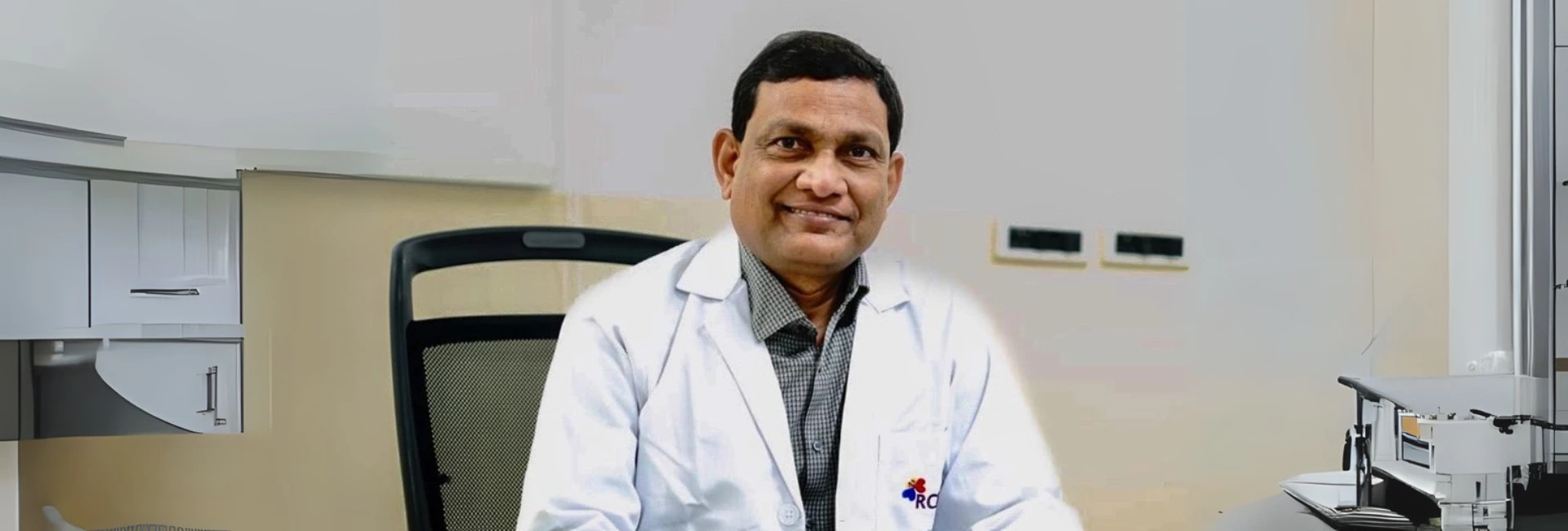(July 12, 2025) From a curious schoolboy dissecting cockroaches and frogs to an award-winning inventor with a United States patent, Dr Nageswara Rao Koneti’s journey is all about how scientific passion can shape global healthcare solutions. His breakthrough medical device — KONAR-MF, developed for closing congenital heart defects in both children and adults has now earned a prestigious U.S. patent, adding to its growing list of international recognitions, including prior approvals in India, Korea, Europe, and the Euro-Africa region.
“It’s a moment of great pride, not just for me, but for Indian science. It reaffirms that innovations designed in India can meet the highest global standards and serve patients worldwide,” shares Dr Nageswara Rao Koneti in a chat with Global Indian.
Currently serving as Chief Paediatric Cardiologist at Rainbow Children’s Heart Institute, Hyderabad, Dr Koneti has redefined cardiac defect closures with KONAR-MF. His pioneering work doesn’t just highlight medical ingenuity, but also reflects India’s growing role as a global innovation hub in healthcare technology.
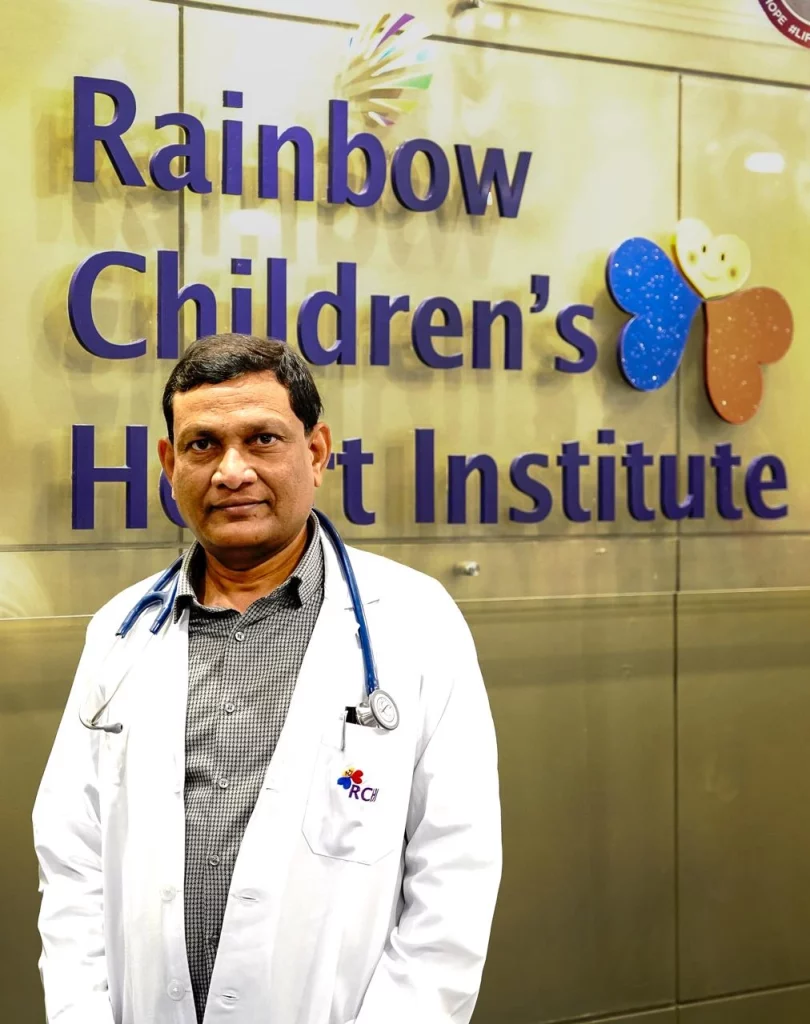
Dr Nageswar Rao Koneti
Long before international patents and operating theaters, his journey began in a humble backyard lab fuelled by a childhood obsession with Biology and Chemistry. Dissecting frogs and cockroaches to study their organs, and assembling makeshift experiments with Bunsen burners and chemicals were more than pastimes; they were early signs of a restless mind destined to innovate.
Local to global
After extensive animal trials and first-in-human implants in Germany, KONAR- MF received CE marking. The US patent was recently granted, validating over a decade of effort and innovation by Dr Koneti. “This milestone not only affirms its global safety and efficacy but also paves the way for compassionate use in critical cases,” he mentions.
The device is already in use across Asia, Europe, Latin America, and Africa, with over 20 peer-reviewed studies confirming its safety and efficacy. “The KONAR device is now closer to obtaining FDA approval, enabling broader access across North America,” informs Dr Koneti, who has authored over 80 indexed publications, co-developed multiple clinical trials and contributed chapters to textbooks on fetal cardiology and paediatric heart failure.
KONAR-MF
According to Dr Koneti, the KONAR-MF (Koneti-Nageswara Rao Multifunctional) Occluder is a versatile transcatheter device used to close congenital heart defects such as perimembranous and muscular VSDs (ventricular septal defects), RSOV (ruptured sinus of Valsalva aneurysm), and coronary AV fistulas, among others. These are structural abnormalities in the heart that can lead to abnormal blood flow and, if untreated, may result in serious complications.
“The idea was born from real-world challenges — especially during a case involving multiple muscular VSDs in a ventilated infant who was unfit for surgery,” explains Dr Koneti, who has demonstrated the device in several live workshops worldwide, including CSI Frankfurt, TCT USA, and Ho Chi Minh City.
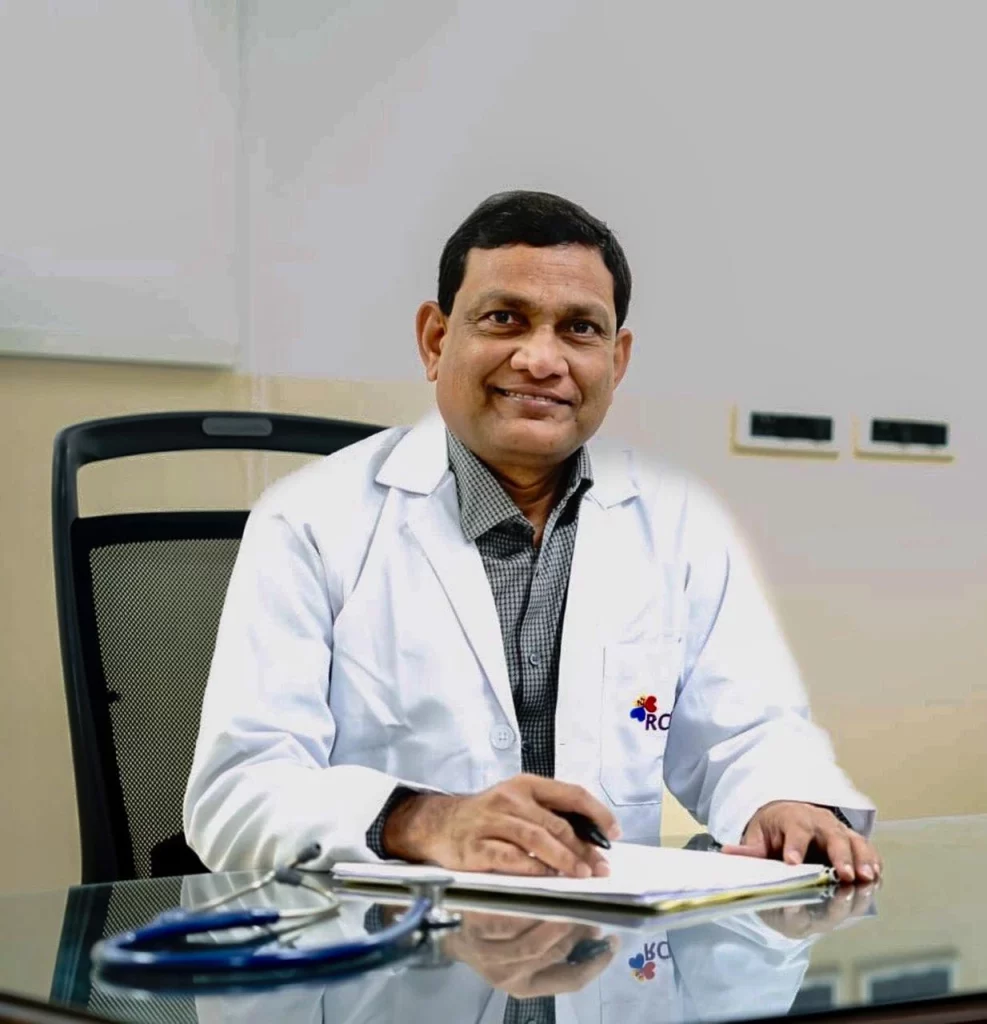
A safer solution
Recognising the limitations with existing devices, Dr Koneti conceptualised the device with a low-profile connector and adaptable deployment mechanism. “With support from Lifetech Scientific (a leading company specialising in minimally invasive interventional medical devices) we developed, iterated, and eventually launched the KONAR-MF device,” he informs.
Unlike traditional occluders designed for a single-purpose use, the KONAR-MF adjusts dynamically to the shape and flow profile of each defect, allowing for more precise and safer deployment in diverse anatomical scenarios. “This design reduces the risk of complications and improves patient outcomes,” he assures.
Affordable solution that reduces risks
KONAR-MF occluder offers a single-solution approach for many cardiac lesions of the heart, reducing intervention risks. The device is available in India for ₹50,000 while its global price ranges between ₹1.2-6 lakh. “The pricing reflects a deliberate commitment to make advanced cardiac care accessible to Indian patients,” says the recipient of ACC Innovation Award (2012), Prof. Raj Tandon Oration (CSI 2021), and ANBAI Best Teacher Award (2017).
Dr Koneti mentions that its affordability makes it a critical tool in expanding access to care and reducing the burden of congenital heart disease, especially in low-resource settings.
“By significantly lowering the cost of intervention and enabling broader access, the KONAR-M has the potential to reduce the disease burden of untreated congenital heart defects, which remain a major cause of morbidity and mortality in children in low- and middle-income countries.”
Rigorous process for obtaining the US patent
Obtaining the US patent for KONAR-MF was a rigorous process. Dr Koneti first filed a PCT (Patent Cooperation Treaty) application, followed by submissions to India, Europe, South Korea, Indonesia, Vietnam, and finally, the United States.
The US process involved multiple technical clarifications and resubmissions, particularly concerning novelty, structure, and function. “With support from patent attorney Dr. Shanti (SciTech Patent Art), we successfully navigated the system and were granted the patent,” says Dr Koneti, describing the US patent as a strong endorsement of India’s potential for global innovation in medical technology.
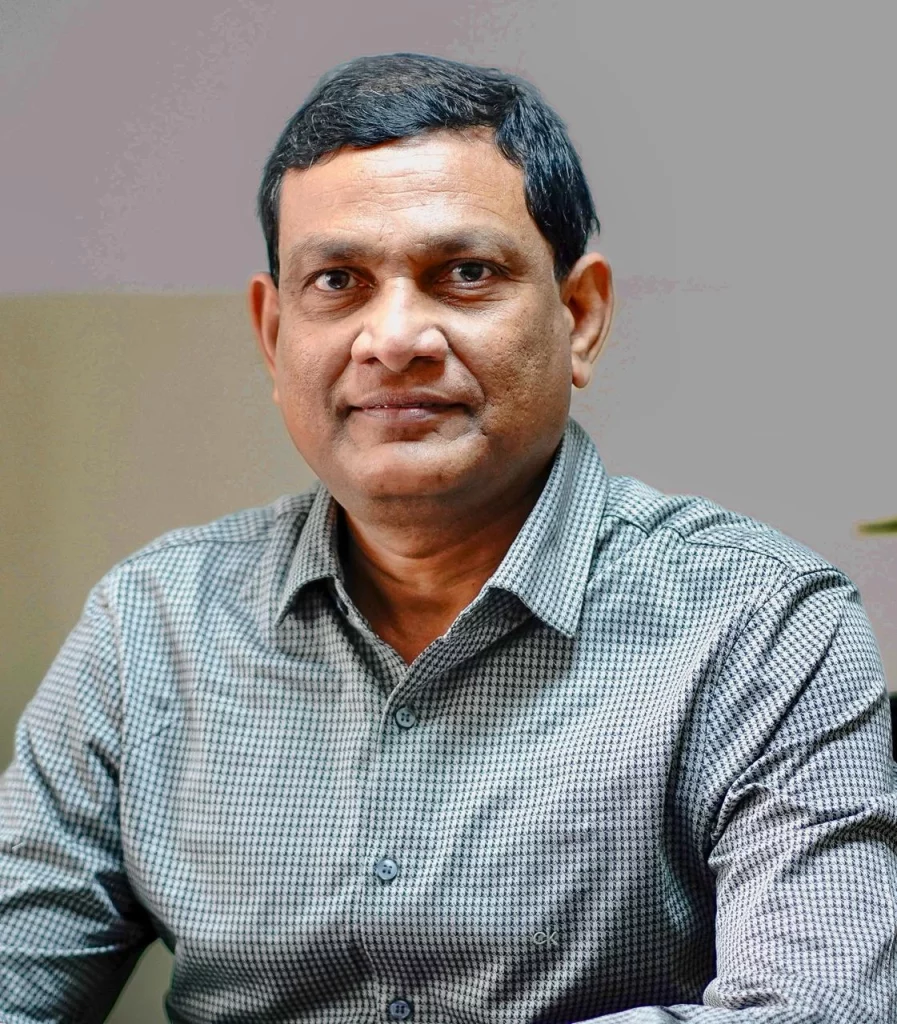
Early days and humble beginnings
Born in Indukurpet, a small village in the Nellore district of Andhra Pradesh into a lower-middle-class agricultural family, Dr Koneti’s father ran a modest business dealing in tractors and cultivators and also owned small agricultural land. Dr Koneti and his four sisters were raised with strong family values and deep ties to their community and nature.
Dr Koneti’s early education took place at MKR High School in Indukurpet, where he was consistently among the top students. “My science teacher exposed me to hands-on experiments and natural sciences. Academically, I was a top performer throughout,” recalls Dr Koneti, who pursued MBBS from Sri Venkateshwara Medical College, Tirupati, followed by MD (Pediatrics) at Kurnool Medical College, and DM (Cardiology) from Sree Chitra Tirunal Institute of Medical Sciences, Trivandrum.
Family foundations and global exposure
His journey into medicine was shaped by two strong influences— his elder sister, who became a doctor, and his father, who emphasised education as a path to serve society.
During his cardiology training, Dr Koneti was particularly drawn to interventional cardiology.
“I spent significant time in the biomedical engineering department at Chitra, observing the development of the Chitra valve, which inspired my later innovations,” says Dr Koneti, whose thesis on platelet aggregation further deepened his interest in device development.
Following this, he undertook a fellowship in Pediatric Cardiology at the Children’s Hospital at Westmead, University of Sydney, Australia between 2001-2002. “Upon my return to India, I was entrusted with developing the paediatric cardiology program in Care hospital. The experiences in Sydney came handy for that.”
Dr Koneti went on to perform complex interventions, including PDA (patent ductus arteriosus (PDA) stenting in a 1.9 kg neonate.
Among the many highlights of his career is the interaction and panel discussion at University of Verona, Italy 2022, a panel discussion and policy decision of PDA stenting in infants in Japan 2024 for which he was invited by the Japanese Pediatric cardiology society. Dr Koneti also performed a heart procedure on the granddaughter of Myanmar Prime minister in 2021 for which he was given a special honour by the Navy of Myanmar.
Heart matters
Dr Koneti says paediatric cardiology presents technical, emotional, and logistical challenges. “Infants and neonates have extremely small and delicate anatomy. Many congenital heart defects (CHDs) are diagnosed late due to poor access and awareness,” he says.
Genetic syndromes contribute to a significant proportion of CHDs. However, many arise sporadically without a clear cause. “Maternal health, environmental exposures, and infections during pregnancy are also contributing factors. Beyond treatment, supporting families through their journey is a key part of care.”
From affordable devices to AI diagnostics
Dr Koneti believes that while India has made significant strides in pediatric cardiac care, there is still a crucial need to improve early detection of heart defects in newborns. He emphasizes the importance of strengthening tools like fetal echocardiography—used to detect heart abnormalities before birth—and neonatal pulse oximetry, a simple test that measures oxygen levels in newborns to catch potential heart issues early.
“Innovations like KONAR-MF have helped reduce costs and complications, but broader government support, regional training programs, and expanded access in rural areas are essential,” says Dr Koneti, who is also exploring AI-based diagnostic tools, 3D printing, and 4D flow MRI in collaboration with institutions like Emory University and Georgia Tech.
Coming soon
Dr Koneti is working towards launching KONAR-MF versions 2 to 5, each tailored to specific anatomical and procedural challenges. “We’re developing new ASD (atrial septal defects) devices and hybrid stents for neonates,” he informs.
He also intends to mentor the next generation of pediatric cardiologists through structured fellowships, simulation-based training, and international collaboration. “Expanding philanthropic outreach through the Pure Little Heart Foundation and rural heart camps is also part of my vision.”
For the underprivileged
The Pure Little Hearts Foundation was established by eminent doctors in 2022 to provide financial and quality medical treatment to underprivileged children in need of treatment for congenital heart defects.
“The core aim of the foundation is to cater to the healthcare needs of children who require cardiac intervention and procedures to improve their quality of life.”
In India, the incidence of congenital heart disease is staggeringly high, with 10 out of every 1000 births being affected by this problem. This implies that more than 200,000 children in India are born every year with congenital heart disease, out of which a significant proportion are likely to have a serious birth defect, necessitating medical intervention within the first year of their life. By bridging the gap between advanced medical care and those who need it most, the Pure Little Hearts Foundation is offering these children not just treatment but a chance at a healthier, fuller life.
Finding Balance through nature and creativity
Despite the demands of a high-stakes medical career, Dr Koneti maintains a disciplined routine and finds serenity through creative pursuits.
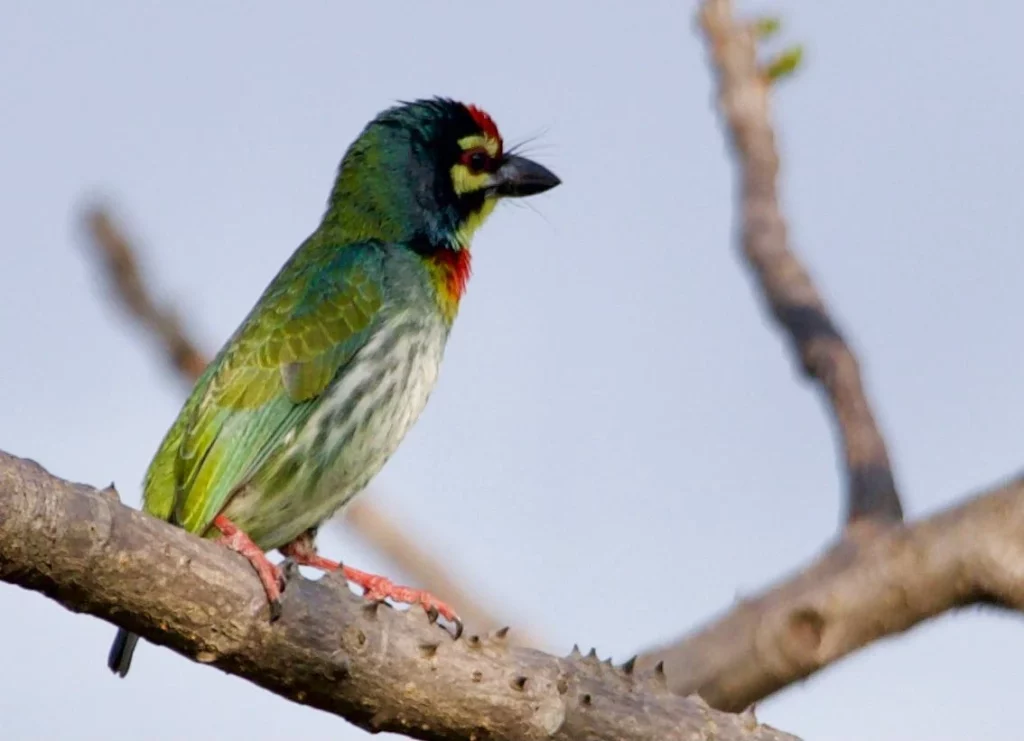
Photography by Dr Nageswara Rao Koneti
His typical day begins early with planning and preparation. “I start with a workout with the help of a gym trainer, followed by breakfast. I avoid processed foods and prioritize hydration, eggs, and seasonal fruits.”
During work hours, Dr Koneti stays active with frequent walks between clinical areas. “My greatest source of calm comes from bird and nature photography, usually with my wife, Jayanthi, who is my constant companion on photo walks,” says Dr Koneti, pointing out that those quiet moments with nature help him maintain emotional balance despite the high-stress clinical environment.
Bird photography
Dr Koneti’s creative outlet is bird and nature photography. “As a child, I listened to bird calls without knowing their names. These early experiences quietly shaped my deep love for the natural world,” he says.
During the COVID-19 lockdown, Dr Koneti had several birds visiting his home. “It was a delight to watch red-vented bulbuls, Indian robins, silverbills, and pied bush chats from my balcony. I began sprinkling seeds and soon, they became daily guests. This reignited my passion for photography.”
He started photographing the birds with a Sony D600 and gradually upgraded to the Nikon Z9 with a 600 mm f/4 lens. “Birds are storytellers. The Coppersmith Barbet reminded me of persistence, the Hornbill of selfless family care, the Brahminy Kite of precision and focus, and the Peafowl of elegance and resilience. Photography has helped me reconnect with nature and appreciate its quiet lessons,” he remarks.

Photography by Dr Nageswara Rao Koneti
Additionally, he enjoys developing 3D medical animations for teaching cardiac embryology and simulating hemodynamic changes in congenital defects.
In each of these pursuits, whether through the lens or in the lab, Dr Koneti finds not just a creative outlet, but a deeper connection to life, learning, and healing.
ALSO READ: From Andhra Pradesh to the UK: Dr. Kesava Reddy’s journey as a global pioneer in diabesity surgery

